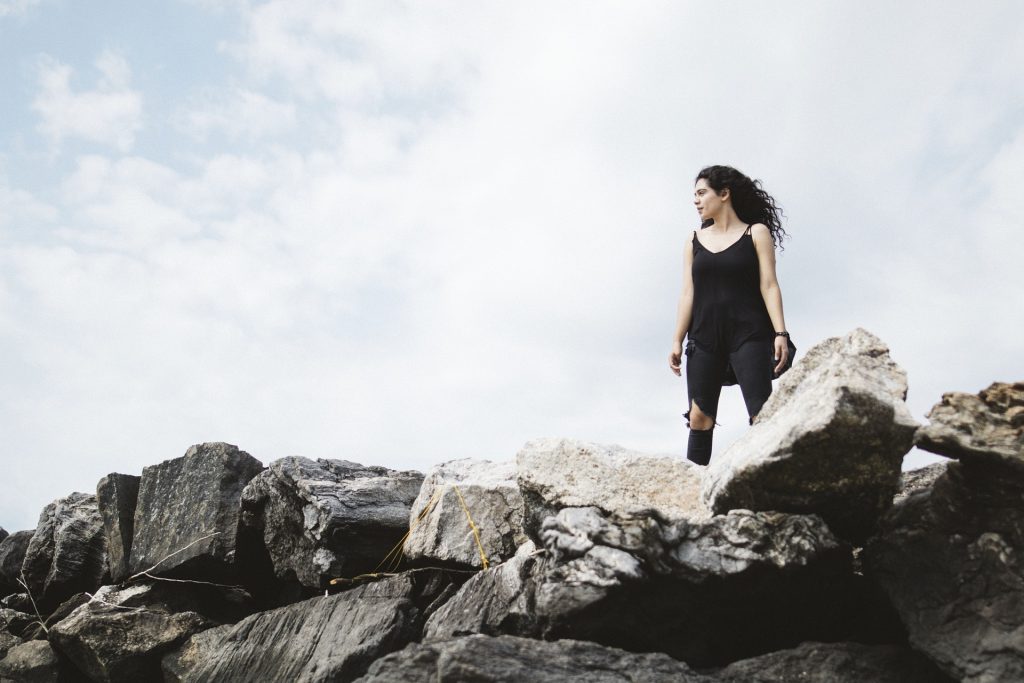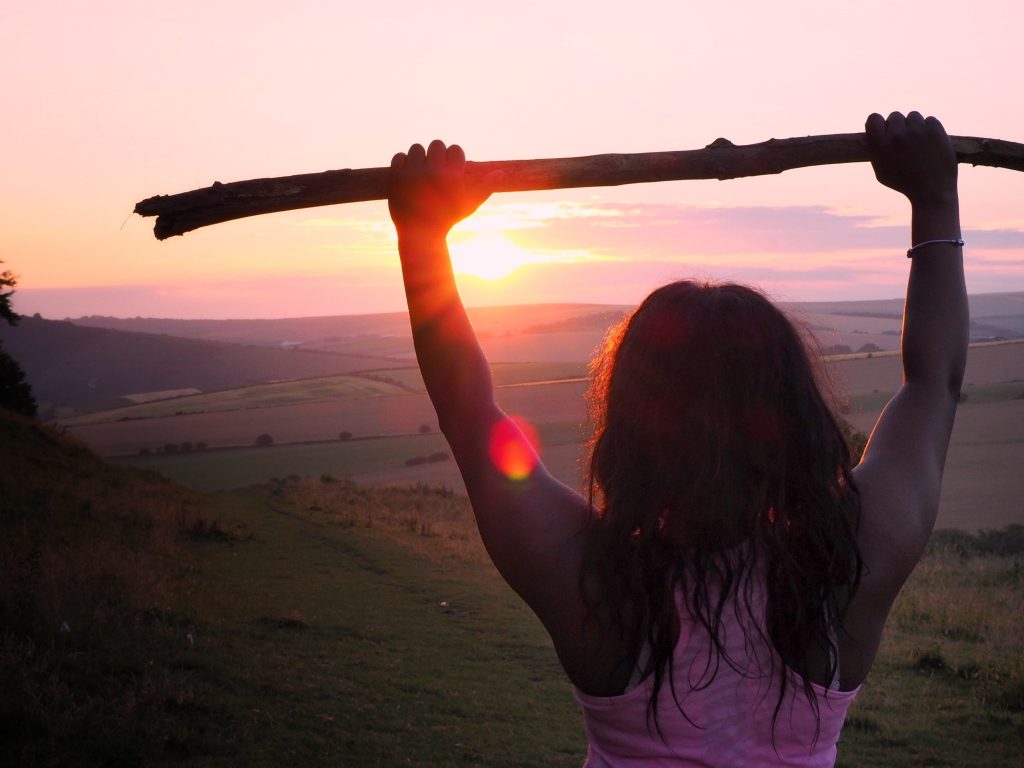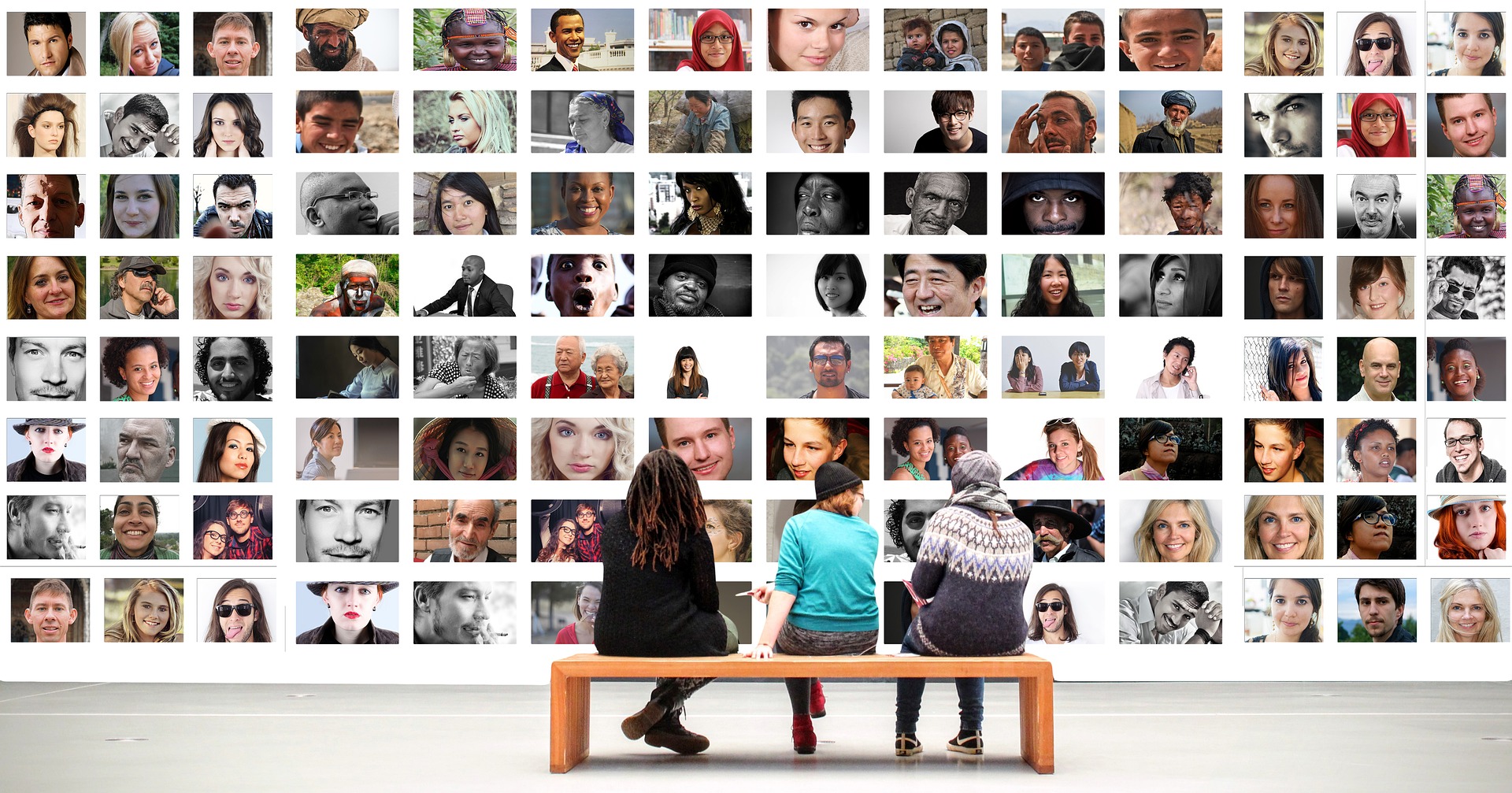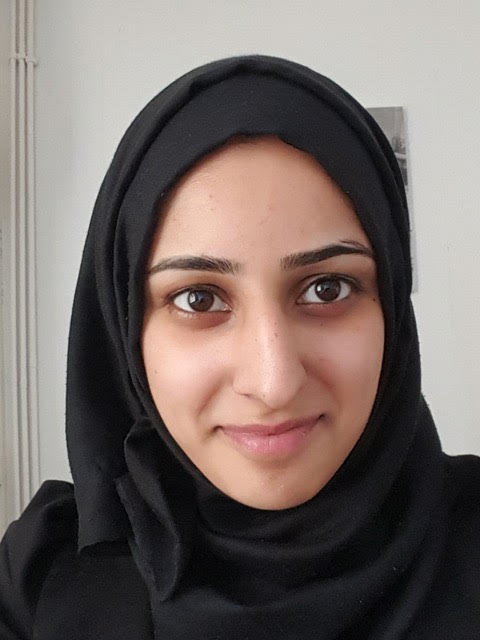Today is International Human Rights Day, in recognition of the 10 December 1948, when the United Nations General Assembly adopted the Universal Declaration of Human Rights.
This said that all humans are born free, with equal dignity and rights, providing one of the first legal forms of protection for our rights.
But, with some politicians in the UK calling for us to scrap the Human Rights Convention, do we still need them? Here are just a few reasons we should protect our basic rights.
Human Rights Unite Us
 Image Credit: CreateHerStock
Image Credit: CreateHerStock
We all have different values, backgrounds, and interests. However, one thing that unites us all is human rights. The Universal Declaration of Human Rights (UDHR) sets out the basic rights every human being in the world is entitled to, regardless of their race, colour, religion, sex, nationality or any other status.
The rights of every man are diminished when the rights of one man are threatened
John F Kennedy
These include the right to life and liberty, freedom from slavery, and the right to equal treatment of everyone before the law. Human rights bind us together through this set of common values and ideals. In 1950, the Human Rights Convention went further and set out basic rights such as the rights to life and liberty, education, privacy and to be free from torture, among others.
This common standard also helps to provide the very basis of democratic society. Take the right to vote, for example, which is also protected by the Convention (in Protocol 1, Article 3) and took around 800 years to get. Exercising this right significantly allows each of us to have our say every five years, on who governs us.
Based on this common standard, human rights crucially allow lawful and unlawful conduct, justice and injustice and equality or the lack of it, to be identified and addressed. Can you imagine where would we be without them?
Human Rights Protect Our Independence
 Image Credit: Stock Snap / Pixabay
Image Credit: Stock Snap / Pixabay
Human Rights apply to each and every one of us an individual. They, therefore, intrinsically value individual dignity, independence, and physical integrity. As the Human Rights Court recognised in a case called von Hannover v Germany in 2005, a person’s private life includes his or her physical and psychological integrity. Each of us has a right to develop our personalities and express ourselves.
It is difficult to imagine what life would be like if, for example, our privacy could be violated by others without restriction, or our liberty could be taken away, without reason. Or where, for example, someone was punished for marrying.
By their very existence, human rights celebrate individualism by allowing us live our lives the way we want – whether that is leading a family life, expressing our views and opinions freely, or associating with other groups of people.
Human Rights Empower Us

Image Credit: Juan Jose / Unsplash
As well as protecting our democracy, by recognising the importance of human independence in law they also empower us. Article 6 of the Universal Declaration of Human Rights recognises this, and Article 1 of the Human Rights Convention says states must respect individuals’ human rights.
The Rule of Law is also significant here. It basically sets out that the law, as created by Parliament and carried out by the courts, is above everyone, no matter who you are. As the Human Rights Convention is part of UK law thanks to the Human Rights Act 1998 this means our courts can hear cases involving human rights.
Human rights law also provides protection in case states don’t play by the rules too, and individuals are able to take their cases directly to the Human Rights Court. Whether it’s about employment, family or something else, human rights ensure we are fairly treated and not undermined by the state.
They have crucially given us many privileges and today is a day to celebrate that. It is a celebration of who you are as an individual and a celebration of humanity overall – born free, with equal dignity and rights.







